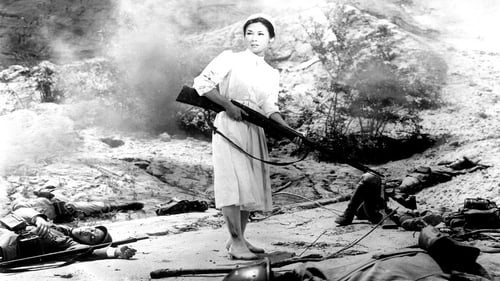
Head Nurse Iwashima
Sakura Nishi es una joven enfermera enviada en 1939 a un hospital de campaña en China durante la guerra chino-japonesa. Impactada por la inhumana violencia de la guerra en su tarea sanitaria, trata de entender, ayudar y, en la medida de sus posibilidades, humanizar a quienes se hallan inmersos en esa guerra, incluido el doctor Okabe, cirujano del que depende.
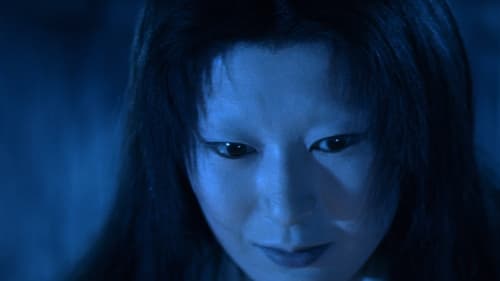
Mother (segment "Kurokami")
Filme basado en cuatro historias del escritor Lafcadio Hearn. "Pelo negro": un samurái no soporta a su mujer y la abandona por una princesa. Años después vuelve a casa para realizar un terrible descubrimiento. "La mujer en la nieve": dos leñadores se refugian de una tormenta de nieve en lo que parece ser un cobertizo abandonado. "Hoichi": el fantasma de un samurái le pide a un músico ciego que toque una balada en la tumba de su señor. "En la taza de té": un samurái se asusta ante la visión de un hombre reflejado en su taza de té.
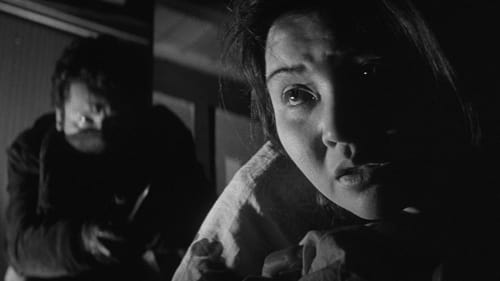
Tadae Takahashi
Narra la historia de una gris y gorda ama de casa que vive en la pobreza con su pareja de hecho, su hijo de otra mujer y su madre. Cuando es violada por un ladrón, escapa a Japón en busca de una nueva vida con su agresor.

Wakae is a 15 year old girl who lived under the same roof with her alcoholic father and stepmom. Her mother had died years ago. She spends her nights at a rundown bar, sharing drinks and cigarettes with the lowlife drunks. She has nowhere to turn and no one to talk to, until she is reunited with her childhood friend, Saburo, who brings warmth to her heart.

Junichi's mother
School teachers responsible for the lives of their students work to evacuate Allied bombings near the end of WWII.

Emi Ikushima, a star actress in the Roses, is half-hearted, but she wasn't disappointed by the news of her father Enmy's sudden death, and she performed enthusiastically on the stage that night, attracting a crowded audience.
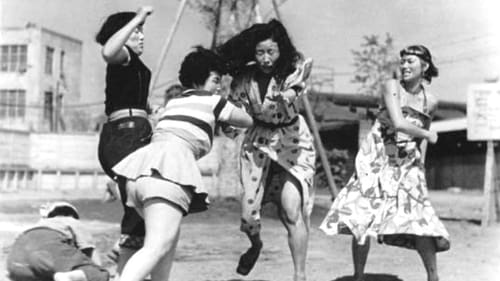
Tsuru, una mujer con problemas mentales, es protegida por Toku y Pinchan, dos hombres que viven en una villa de emergencia, en una zanja al costado de las vías del ferrocarril. La fábrica en la cual trabajaban ha sido cerrada por una huelga, por lo que ambos hombres gastan tiempo y dinero apostando en las carreras de bicicletas. Tsuru trabajaba en una fábrica textil, pero un grupo de jóvenes robó todo el dinero de su indemnización. La particular comunidad de la zanja incluye a Chu, un actor que también está un poco loco, y Hiromi, quien viste siempre un traje elegante y de quien se dice es la amante de un hombre poderoso.

妻・こと
Woman melodrama by Shiro Toyoda
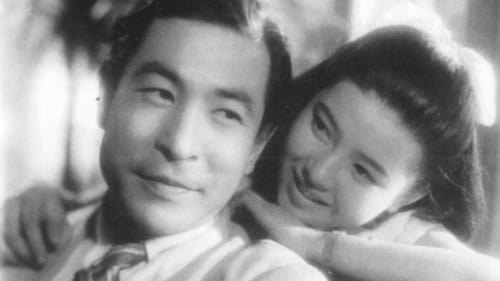
During his summer holiday, Kawasaki Ryuichi (Ryuzaki Ichiro), a handsome engineer in his late twenties, visits his teacher and mentor, Professor Inagaki (Sugai Ichiro), at his seaside home. There he meets the professor's lovely young wife, Sachiko (Hamada Yuriko), and is unsettled by the striking resemblance she bears to his wife, who died three years earlier. Attracted to Sachiko, he does his best to hide his feelings. The couple, however, senses a deep-seated melancholy in him. Attributing it to the loss of his wife, they urge him to marry their niece, Kaoru, but he is not interested. Shortly after, Fumiko , Sachiko's older sister, realizes that Sachiko and Kawasaki have feelings for each other, but she keeps her counsel. One day Kawasaki, Sachiko, and Kaoru go boating when a storm forces them to stay overnight at a hotel. Unable to sleep, Kawasaki takes a walk along the beach where he finds Sachiko, also unable to sleep. He declares his love for her.
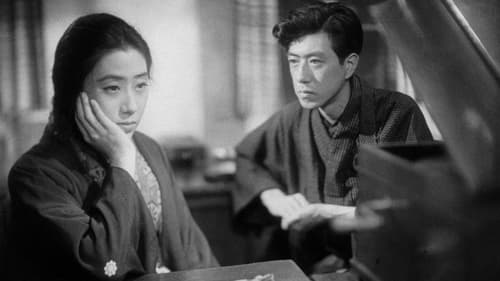
Mrs. Itsuko
Sumako, a country girl, becomes a great actress with the help of Hogetsu,a scholar who brought some of European realism to the Japan's stage. The relationship leads to the end of his marriage and the breakup of his Arts Society. This is another version of Kenji Mizoguchi's film "The Love of Sumako the Actress" ("Joyû Sumako no koi"), from the same year. Both tells the story of the famous actress Sumako Mitsui (1886-1919), considered the first great modern theater actress in Japan. Mizoguchi himself is said to have preferred Kinugasa's version.

Akane
This film focuses on Koreans living in Japan. The filmmaker’s humanism comes across in the portrayal of a girl living in a shabby tenement, the warmth of a Korean girl she meets, and the friendliness of this Korean girl’s family.

Hatsu
Movie about a devoted and single woman and her daughter. The mother's nickname is "Bokuseki" (wooden head) because of his supposed stubbornness. No.10 in the list of "The 10 best films of 1940" by Kinema Junpo.

Okumura Ioko story directed by Shiro Toyoda
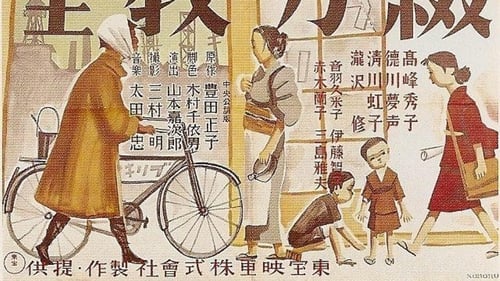
The teacher's wife
Based on an autobiographical story by Toyota Masako.
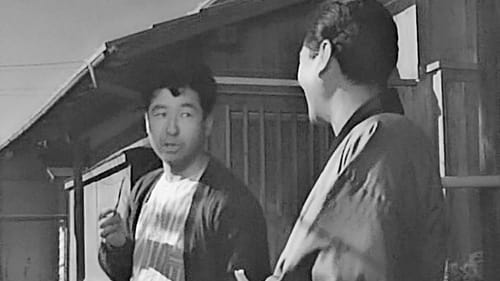
Shigeyo (Hisako)
As suggested by the title, this film takes up the theme of the city, beginning with a series of traveling shots from Chiyo's point o view on a bus leaving the countryside and entering the metropolitan cityscape. After some fruitless job hunting in downtown Tokyo, Chiyo accepts a job as a bar hostess in Shiba ward. Well away from glamorous Asakusa and Ginza, this is a neighborhood bar where the women are dirt poor, each having only one kimono to their name....

Okimi
Adaptation of Fumiko Hayashi's novel.











